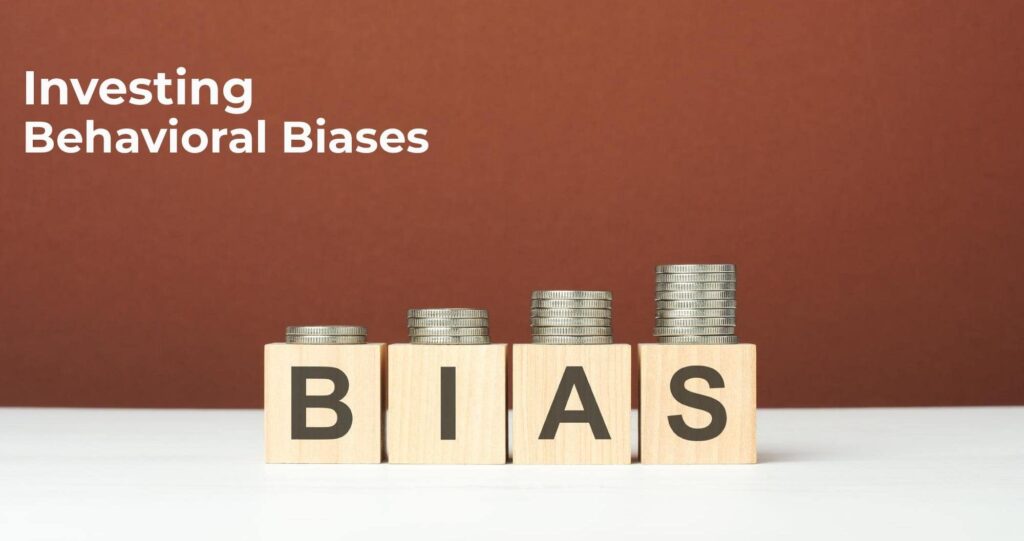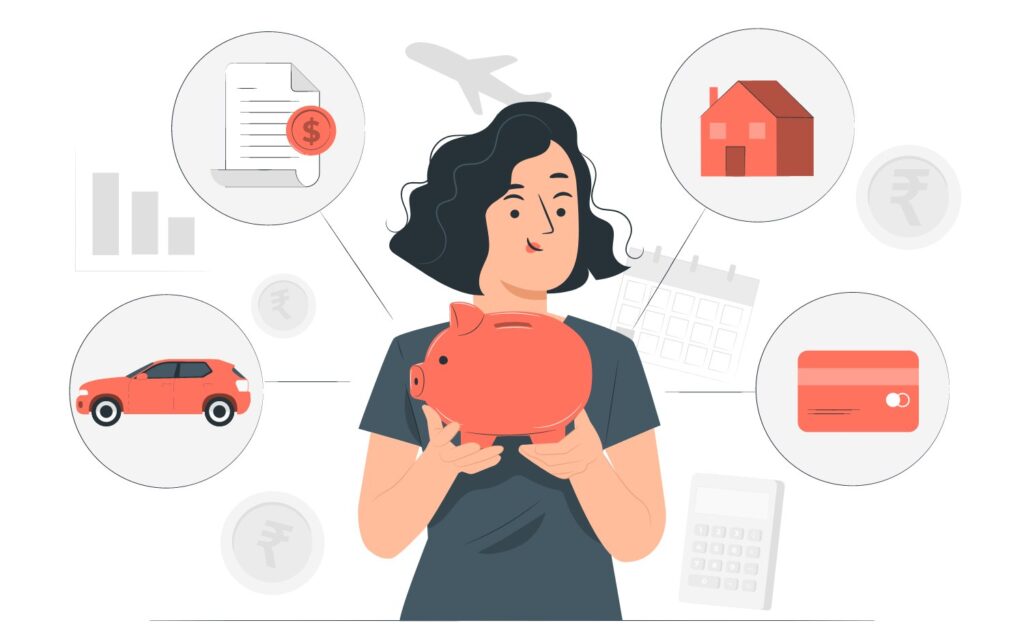Buying a home in your 30s can be an exciting yet challenging endeavor. Here are some key steps to help you navigate the process effectively:
1. Assess Your Financial Situation– Before diving into the housing market, evaluate your finances. Calculate your budget, including down payment, monthly mortgage payments, insurance, and maintenance costs.
2. Improve Your Credit Score– A good credit score is essential for securing a favorable mortgage rate. Pay off debts, fix errors on your credit report, and avoid opening new lines of credit before applying for a loan.
3. Save for a Down Payment– Start saving for a down payment, typically 20% of the home’s price. Consider cutting unnecessary expenses, increasing your income, or using gifts and windfalls.
4. Pre-Approval for a Mortgage– Consult with lenders to get pre-approved for a mortgage. This will help you understand how much you can afford and make your offers more attractive to sellers.
5. Determine Your Needs– Consider your lifestyle and future plans. Decide on the type of home, location, and features you need, such as the number of bedrooms, proximity to work, and schools.
6. Research the Market– Explore different neighborhoods and attend open houses to get a sense of the local housing market. Pay attention to property values, demand, and any potential investment opportunities.
7. Hire a Real Estate Agent– A qualified agent can guide you through the buying process, negotiate on your behalf, and provide valuable insights about the market and available properties.
8. Make an Offer and Negotiate– When you find a suitable home, make an offer. Be prepared to negotiate with the seller to reach a mutually acceptable price.
9. Get a Home Inspector– Hire a professional home inspector to check for any potential issues with the property. This step is crucial to avoid unexpected and costly repairs.
10. Finalize the Deal– Once the offer is accepted, work with your lender to finalize the mortgage and complete all necessary paperwork. Be prepared for closing costs, which can vary.
11. Move In and Budget Wisely– After closing, you’ll officially own your new home. Create a budget to manage your mortgage, utilities, and ongoing maintenance costs.
12. Plan for the Future– Owning a home is a long-term commitment. Continue to invest in your property, build equity, and consider how this investment fits into your overall financial goals.
By following these steps, you can navigate the process of buying a home in your 30s successfully and make a sound investment for your future.






